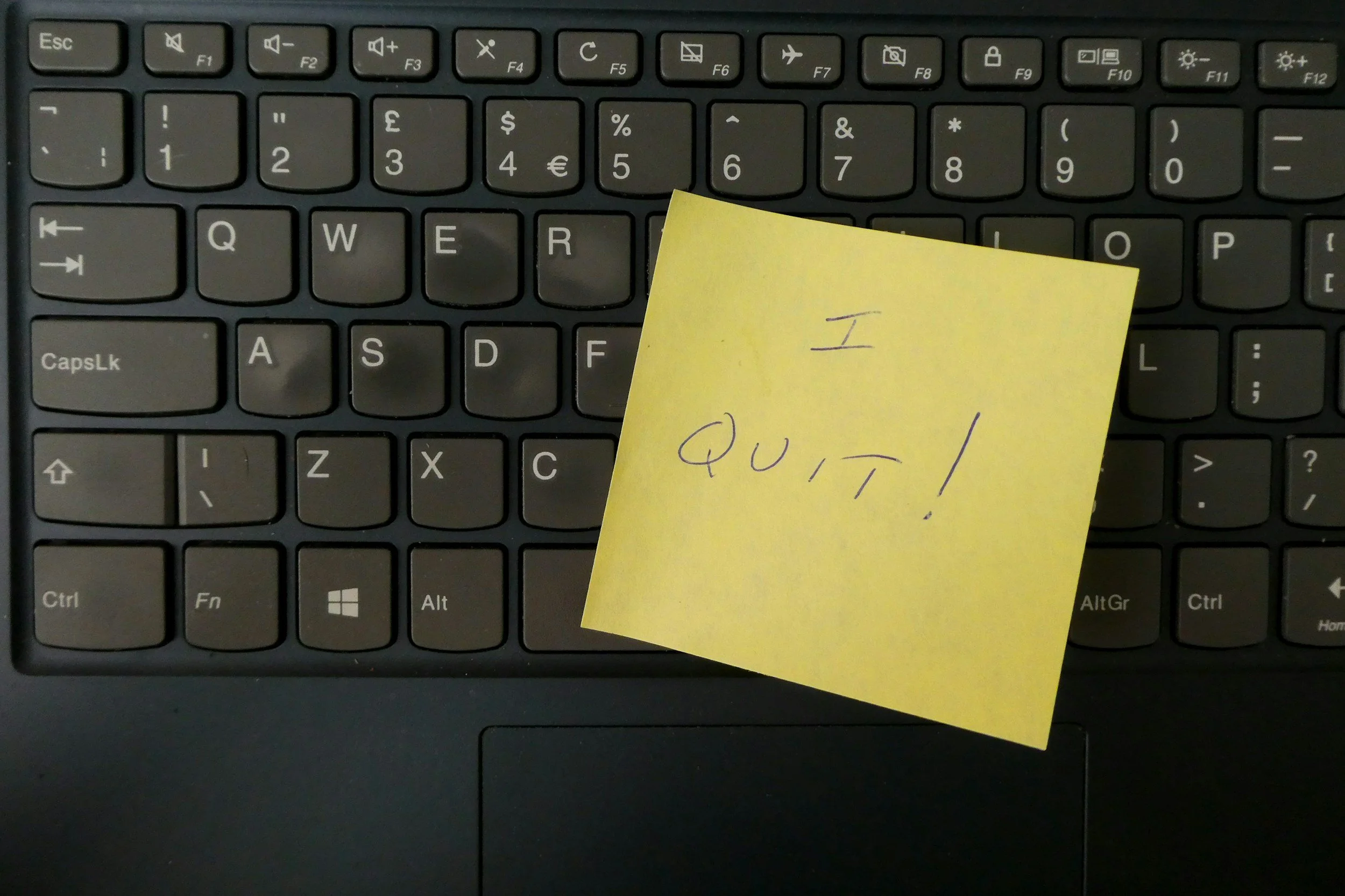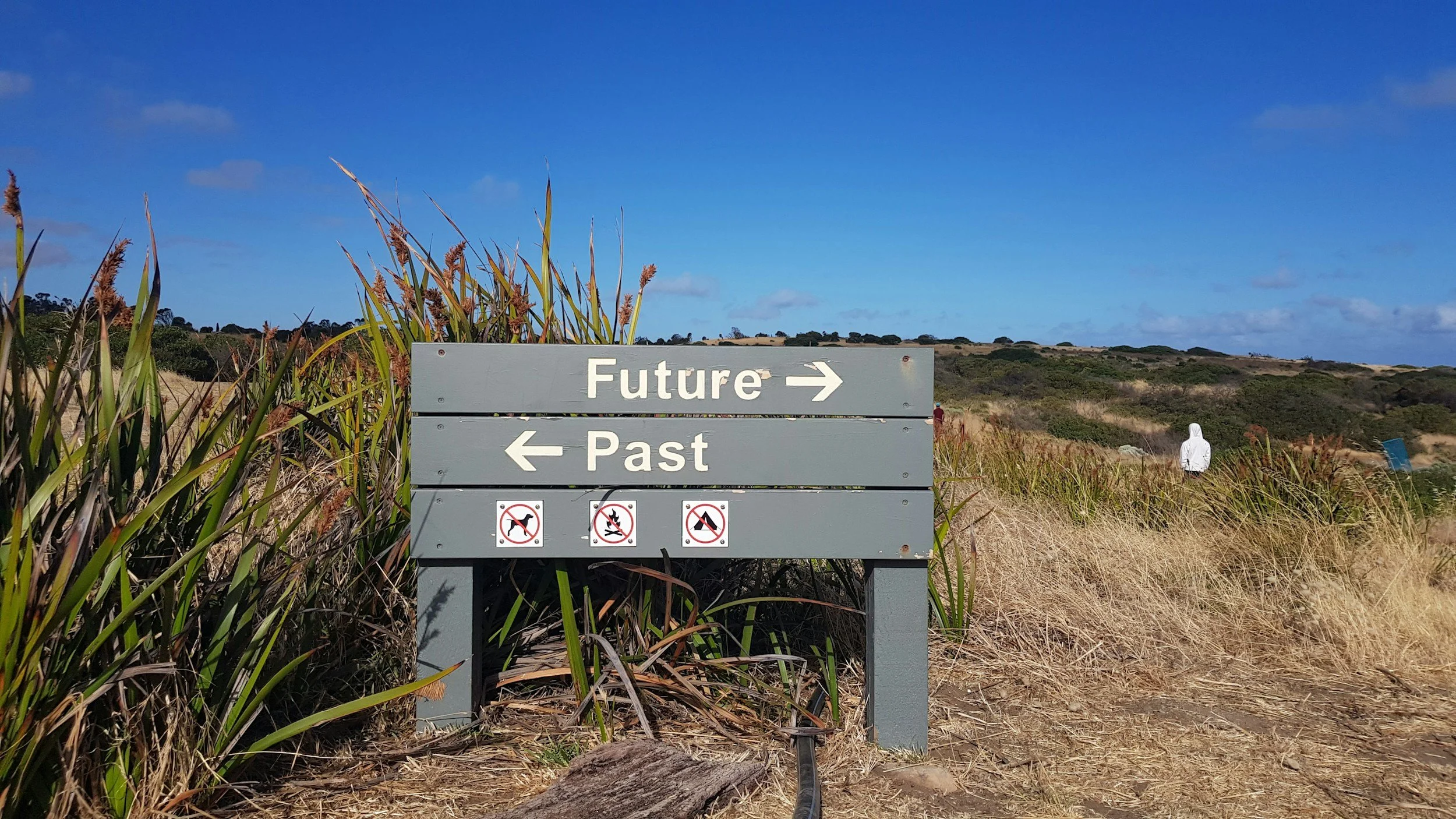
InneR Becoming Blog
The Myth of Being Fully Healed
What if the idea of being “fully healed” is quietly keeping us from living? This reflection explores how healing was never meant to be a finish line—and how waiting to feel fixed, certain, or complete can subtly delay intimacy, creativity, and change. A gentle reframe for anyone who feels stuck between self-work and actually living their life.
The Healing Power of Rest And Doing Less: Slowing Down is Essential for Trauma Recovery
When it comes to healing from trauma, many people feel an overwhelming urge to “fix” themselves and get through it. The initial reaction is often to do more—to read every book, attend every workshop, and analyze every moment of their past in an effort to move beyond it. While education and active self-reflection have their place in making sense of what happened, one of the most underrated aspects of healing is the exact opposite: resting, doing less, and slowing down.
How Not to Quit if You’re Serious About Change
When we set goals, we think about the person we want to be rather than who we actually are. We become tad delusional and think that on January 1st we will become a totally different person with a totally different lifestyle and habits. But then reality sets in and we revert back to our ‘old’ behaviors, doing what feels natural and comfortable to us.
Benefits of Process-Oriented Goals
Achievement-oriented goals can feel motivating, but the satisfaction they bring is often brief. Process-oriented goals invite a different relationship with your life — one where meaning, fulfillment, and self-trust are built while you’re in the process, not postponed until the finish line.
Advantages of Being a Late Bloomer
If you’ve ever felt like you’re running behind or that you’ve missed your chance, I’m here to tell you: you haven’t. Being a late bloomer means you’re doing things in your own time and in your own way. It’s a testament to your courage, your resilience, and your authenticity. Trust your timing. Celebrate the richness of your unique path. Life isn’t about meeting someone else’s expectations; it’s about discovering who you are and becoming the person you were always meant to be—on your own terms.
What to Consider if You’re Considering Dry January
Considering Dry January? A thoughtful perspective on intention, alcohol, and what a break might really be about.
How to Set Goals You Can Actually Achieve
Most goals fail because they’re really just outcomes. Discover a gentler, more effective way to set goals rooted in action, process, and self-trust.
Do Things You’re Bad At
If there’s anything I’ve mastered during my life, it’s the art of being a beginner. Every novice chapter I’ve entered has come with its fair share of frustration, confusion, and humility. But also fun, aliveness, and joy.
When I’m in the midst of those frustrating moments, I catch myself thinking “Why do I keep doing this to myself?!”
But the truth is — I’m not doing it to myself. I’m doing it for myself.
End of Year Questions for Insight & Integration
Some years don’t ask to be summarized—they ask to be felt. Rather than tying things up or rushing toward resolution, these questions invite a gentler kind of reflection, one that makes space for insight, integration, and what’s still unfolding.
Anything Can Look Easy When Others are Doing it
We start believing that most things should be easy, and when they inevitably become difficult, we misinterpret the discomfort as a sign to quit instead of a normal part of growth. Or we place ourselves a victim of our circumstances and we take away our choices to even attempt change. The truth is that most worthwhile things require effort, intentional prioritizing, and a willingness to push our growth edges. They ask us to act differently than we’re used to.
Shadow Desire Journaling Prompts
These journaling prompts are a guided way to connect to the desire beneath the desire—the one we tend to avoid because it feels too big or too disruptive to name. If you’ve been sensing something calling you but haven’t quite been able to claim it, this practice will help you move past fear and into a deeper, more honest clarity about what you actually want.
Why We Sabotage Our Own Plans And Resist What’s Good for Us
You’ve probably experienced the strange dynamics of resisting something you consciously chose for yourself. You set a goal, commit to a routine, or contemplate a change that has a potential to benefit you. But when the moment comes, some invisible wall rises up.
You feel trapped. Irritated. Like the plan is now a burden, not a choice. You feel feel boxed in—even when the box is one you built yourself.
You Don’t Need a 10-Step Morning Routine.
You don’t need a 10-step ritual to change your mornings. Just a few intentional minutes can ground your mind and steady your day.
Are Limiting Beliefs Really Our Enemy?
We love to blame our limiting beliefs for holding us back. But what we often call “limiting” are really old protective strategies—beliefs that once kept us safe, even if they feel restrictive now. Instead of trying to erase them, what if we learned to understand, integrate, and move with them? Growth doesn’t always mean fixing yourself. Sometimes it means listening differently.
Be Selective. Not Every Offer is an Opportunity.
Protective choices aren’t always unhelpful, sometimes they’re wise. But part of maturing is knowing when that old strategy no longer serves who we are today.
When we reach that threshold, we need new ways of knowing what’s right for us. Or maybe not new, but long overlooked: that quiet, immediate, embodied response.
Reframing Regret: Journaling Prompts to Integrate Regret And Move Forward
Regret can keep you stuck in the past, but it can also point you toward what you truly value today. Learn how to reframe regret, integrate your past choices, and make empowered decisions in the present. Includes reflective journaling prompts to help you move forward.
Practical And Gentle Way Out of Overwhelm
When overwhelm hits, our first instinct is often to push harder—to make more lists, to power through with stress and willpower. But stress can’t take us where we truly want to go. Overwhelm isn’t a sign of failure; it’s the body’s way of saying we’ve reached capacity and need to return to presence. By slowing down, softening into our senses, and treating even one small action as sacred, we discover that clarity and ease arise not from force, but from surrender.
Creative Journaling Ideas That Actually Work!
Journaling can take on many different forms depending on what you need that day—whether it’s clarity, catharsis, or simply a spark of playfulness.
Whether you are new to journaling or you’d like to breathe fresh life into your current writing routine, these 7 creative ways to journal can help you uncover new layers of yourself.
Wisdom of Envy: From Comparison to Self-Understanding
Envy doesn’t always have to be the villain in our story. When we stop treating it as a flaw to hide and start seeing it as a signal, envy becomes a powerful compass. It points us toward desires we’ve buried, dreams we’ve delayed, and qualities we’re longing to embody. Instead of spiraling into comparison or self-criticism, we can learn to pause, listen, and let envy show us what we truly want next.
Benefits of Losing Control
We often believe control is the key to success—if we plan enough, work harder, or tighten our grip, life will finally fall into place. But the paradox of control is that the more we cling, the more resistance we create. True resilience and growth come not from force, but from learning to let go. By loosening our grip, we make space for flow, trust, and unexpected possibilities.



















